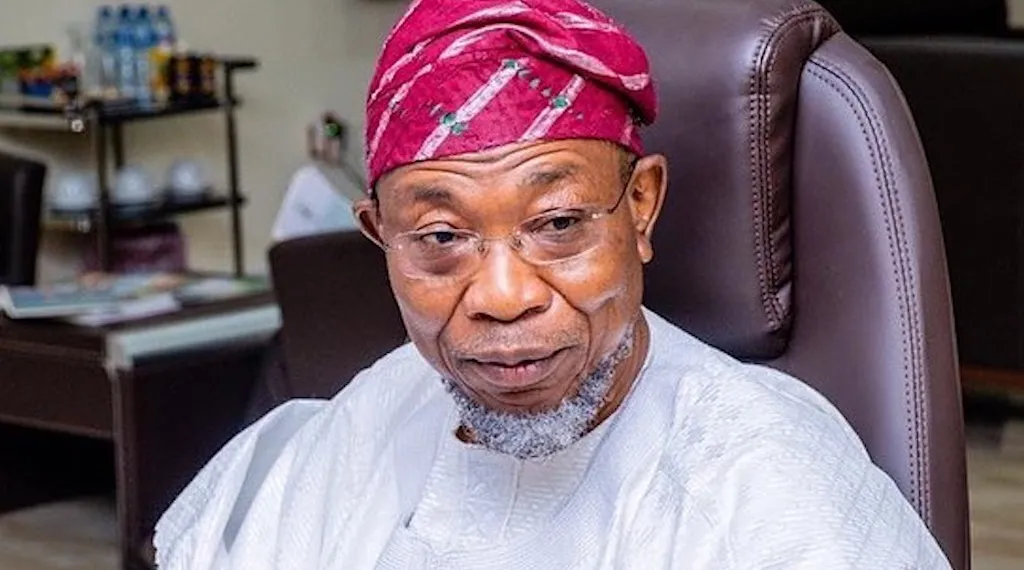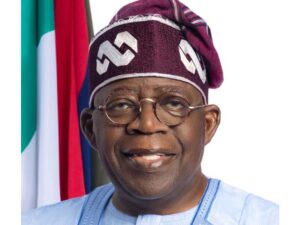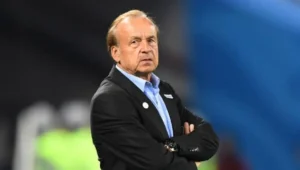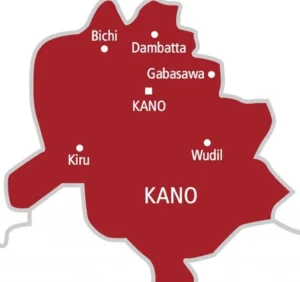Former Osun State Governor, Rauf Aregbesola, has raised concerns about Nigeria’s worsening economic and political conditions, warning that they could lead to a revolution if left unchecked. Speaking at a national event on governance reforms, he noted that economic hardship, inequality, and lack of security are pushing Nigerians to the edge.
Aregbesola, who previously served as Nigeria’s Interior Minister, stressed that too many Nigerians are struggling to survive while only a small elite are thriving. He observed that during his youth, wealth was more widely spread, but now, prosperity is concentrated in the hands of a few. According to him, when people face such inequality and hardship, they may see revolution as their only option for change.
The discussion, held by the Parliamentary System Support Group, included prominent figures like former Speaker Yakubu Dogara, who also criticized the current presidential system. Dogara argued that the 1979 Constitution, which established Nigeria’s presidential system, is flawed, especially in terms of holding leaders accountable. He pointed out that the Constitution lacks practical ways to impeach officials, unlike in the U.S., where impeachment procedures are clearly outlined and effective.
Aregbesola believes a parliamentary system could better serve Nigeria’s population by spreading decision-making power across multiple representatives rather than focusing it in one leader. He emphasized that governing 220 million people is too much for a single person and that a parliamentary system would encourage more balanced leadership. He also warned that current government crackdowns on protesters reflect a deeper problem of leadership not listening to the people.
The call for a parliamentary system, which 60 lawmakers have recently supported with a proposed constitutional amendment, is gaining momentum as a potential solution to Nigeria’s governance challenges. Aregbesola and Dogara both urged lawmakers to push for these reforms, believing that more accountability and representation could bring a fairer system to Nigeria.
With Nigeria’s economic crisis growing and protests against hardship increasing, the voices of leaders like Aregbesola reflect a wider sense that significant change is needed to secure a stable future for the nation.







